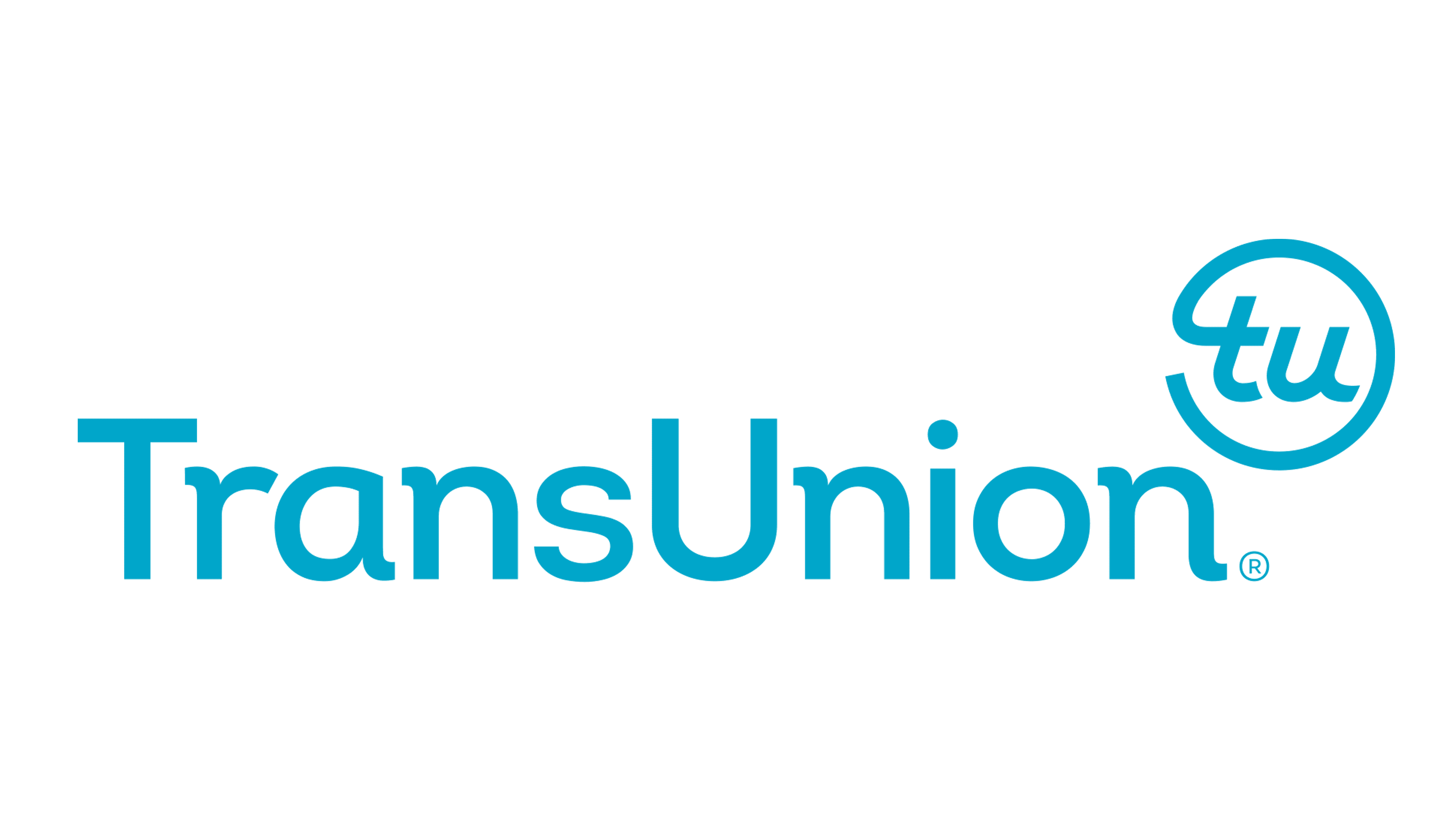You will be able to understand how to establish good credit and know what mistakes cause bad credit. You will also learn how to improve bad credit and the common mistakes to avoid.

Once you have opened your credit account and have a credit card, you have your credit score. As briefly mentioned in the previous section, the best and simplest ways to establish good credit are making on-time payments, keeping balances low (using less than 30% of your available credit limit since high utilization can negatively impact your score), and limiting new credit applications. Another way to establish good credit from the get-go is by diversifying your credit with different installment loans or retail accounts. Note, that this may sound similar to “opening new credit applications” but it is different since taking out (and successfully paying back) a loan will improve your score since it shows creditworthiness whereas opening a new credit application does not. Diversifying your credit also includes mortgages. consistently making mortgage payments on time will positively impact your credit score. The big takeaway with these loans and mortgages is that they only improve your credit if paid fully on-time.
This is more difficult than establishing a good score. The biggest factor that helps maintain a strong credit score is paying bills on time. Consistently make all your payments on time, including utilities, rent, and other non-credit accounts for your life to be a whole lot easier (and your credit to stay high). Another must is to regularly keep track of your credit reports. Again, check your credit reports from Equifax, Experian, and TransUnion for errors and discrepancies. They are your friends and the most reliable tool along with your banking apps and websites for an accurate report. An important factor that often goes overlooked is to make sure to keep old accounts open. The length of your credit history impacts your score. Keep older accounts open and in good standing, even if you don’t use them frequently. Closing accounts can reduce your available credit and increase your credit utilization ratio. If you must close an account, choose newer accounts rather than older ones. Always remember to manage your debt. Pay down existing debt and avoid accumulating large balances. We cannot emphasize this enough: keep your credit card balances low relative to your credit limits. Make sure to limit hard inquiries. A hard inquiry is a type of credit check that occurs when a financial institution, lender, or creditor checks your credit report as part of their decision-making process for extending credit or lending money. This is done to evaluate your creditworthiness and determine the risk of lending to you. They occur when applying for a credit card, mortgage, auto loan, or personal loan. Also, when you request a credit limit increase on an existing credit card, and when you apply for certain utility services or rental agreements. Diversifying your credit, as mentioned earlier, helps establish credit, but refrain from doing too much to limit these hard inquiries, as they can lower a score by 5 to 10 points each time. Ultimately, set up payment reminders, stay informed, and do not let your debt, lending, or inquiries get out of hand. Scroll down to learn more about how to improve poor credit.
The first step in improving your credit is to figure out why you have poor credit. Do you have late payments, collection accounts, high credit card balances, or just no credit at all? Once you figure out why you have poor credit then you can determine the next steps in improving your credit score.
If you have late payments, the necessary first step is to pay those ASAP. If you have high balances, you must pay back that debt ASAP as well. Consider strategies like the debt snowball or debt avalanche methods to systematically reduce your debt. The snowball method is to pay off the smallest balances first while making minimum payments on larger debts. This can provide quick wins and motivation. The avalanche method involves paying off the highest interest-rate debts first while making minimum payments on others. This can save you the most money on interest in the long run. Do which fits best with your financial situation. Whenever possible, pay more than the minimum payment on your credit cards to reduce the principal balance faster and save on interest. Consider making bi-weekly payments instead of monthly payments to reduce interest accumulation. Consider transferring high-interest credit card balances to a card with a lower interest rate or a 0% introductory APR on balance transfers. Be aware of balance transfer fees and ensure you can pay off the transferred amount before the promotional period ends. Another good measure is to contact creditors and negotiate. Many are not willing to step out of their comfort zone for this step, but it is easier than you think. Call your credit card issuers and ask if they can lower or negotiate your interest rates. A lower rate can help reduce the amount of interest you pay over time. Consolidating debt is another option. Consider taking out a personal loan with a lower interest rate to pay off high-interest credit card debt. This can simplify payments and potentially reduce interest costs. Some financial institutions offer specific debt consolidation loans that can combine multiple debts into one payment with a lower interest rate. Remember to avoid any new debt. Stop using your credit cards for new purchases until you have significantly reduced your balances. Use cash or a debit card for purchases to avoid accumulating more debt. If you are having trouble doing any of this on your own, reach out to a non-profit credit counseling agency for advice and assistance in creating a debt management plan. A credit counselor can help you set up a DMP where you make a single monthly payment to the counseling agency, which then pays your creditors. They may also be able to negotiate lower interest rates on your behalf.
To repeat what we said in the last section, a good credit score makes your life financially easy. What exactly does this mean? Having a good credit score leaves numerous opportunities open for you financially such as:
Again, simply put, with a poor credit score the previously mentioned benefits are nonexistent. While these benefits may seem pretty distant for a college student or a young person, they are necessary for having a financially free and well-off future. In the next section, we will go into more about how to maintain good credit, fix bad credit, and levy your high score to benefit your life in more ways. Before that, however, below is a simple guide to the three credit bureaus.
This text briefly introduces your service to your visitors.
Use this section to describe the service you offer. You could share your company’s story and details about why you are in business. The goal is to create a connection with the client. Ipsum dolor sit amet consectetur adipiscing. Magna sit amet purus gravida quis. Praesent tristique magna sit amet purus. Turpis nunc eget lorem dolor sed. Dui id ornare arcu odio ut.
The differences:
Each bureau collects information from different sources, so the information on your credit report may vary slightly between them. This can result in slight differences in your credit scores. While all three bureaus use the FICO scoring model, they also utilize their proprietary scoring models, which can lead to variations in the credit scores they provide. Each bureau offers unique tools and services, such as Experian Boost or TransUnion’s credit score simulator, which can help consumers manage and improve their credit.
Why these matter:
Lenders may pull reports from one or more of these bureaus when assessing your creditworthiness. It’s important to check your reports from all three to ensure accuracy and consistency. Since the scores can vary slightly between bureaus, understanding the range and factors affecting each score can help you better manage your credit.

One of the oldest credit bureaus, founded in 1899. Provides credit reports and scores, identity theft protection, and credit monitoring services. Offers business credit reports and services for lenders. Equifax offers a credit score known as the Equifax Credit Score, which is slightly different from the FICO score.

A global information services company founded in 1980. Also provides credit reports and scores, credit monitoring, and identity theft protection. Experian Boost allows consumers to add positive payment information from utility and phone bills to their credit reports. They also use the FICO model for scoring.

Established in 1968. Again, provides credit reports and scores, credit monitoring, and identity theft protection. TransUnion offers a credit score simulator to help consumers understand how financial decisions might impact their credit scores. Also uses FICO models for credit scoring.